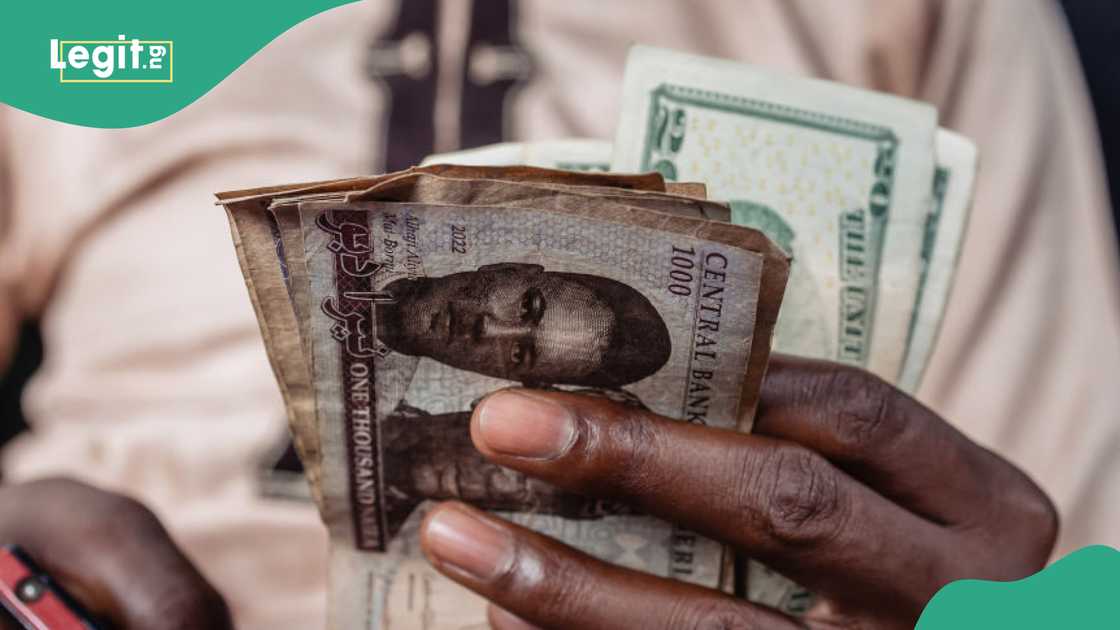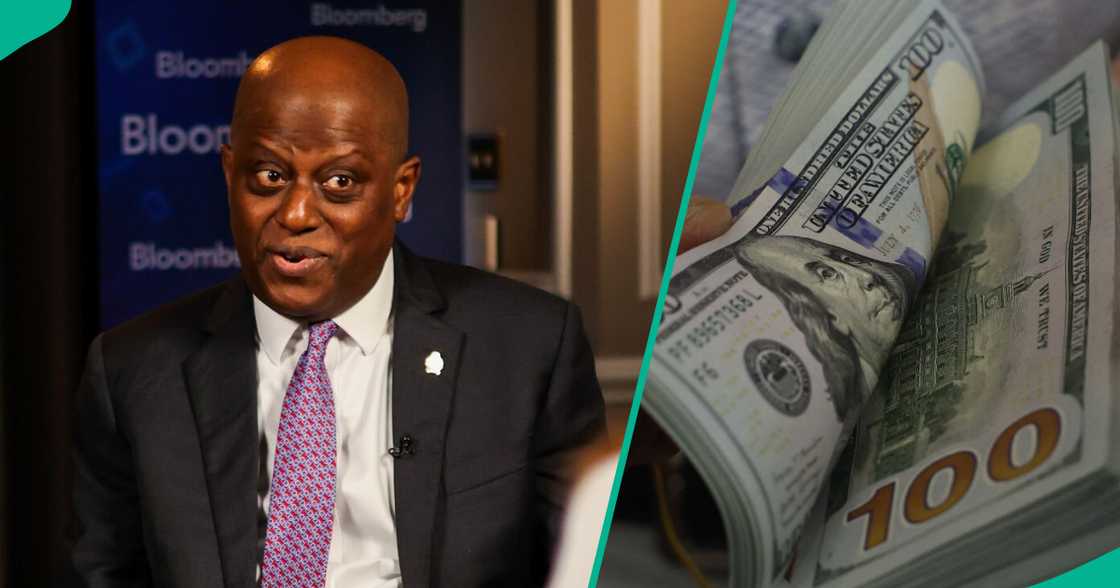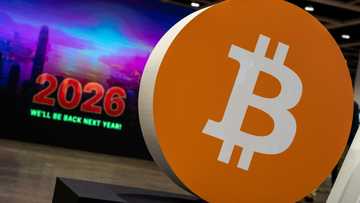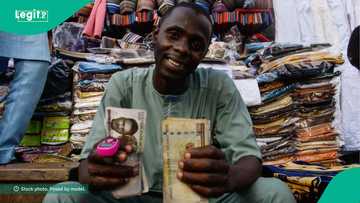Naira Falls Against US Dollar Despite Foreign Reserves Surge to 7-Year High of $46.7bn
- The naira reversed its gains from the previous day, falling against the US dollar in the official exchange market
- The latest exchange rate came despite CBN governor Yemi Cardoso confirming that foreign reserves were at a seven-year high
- Expectations remained high for the Nigerian currency to finish the year on a strong note against other currencies
Legit.ng journalist Dave Ibemere has over a decade of experience in business journalism, with in-depth knowledge of the Nigerian economy, stocks, and general market trends.
Naira once again fell against the US dollar on Wednesday, November 19, 2025 in the Nigerian Foreign Exchange Market (NFEM).
Data from the Central Bank of Nigeria showed that the naira slipped to N1,454 per dollar at the official window compared with Tuesday’s close of N1,447.
The latest exchange rate movement on Wednesday is a reversal from the previous session when the naira gained slightly.

Source: Getty Images
In the black market, the naira also fell to N1,465 against the US dollar.
FX reserves rise to 7-year high
The performance of the naira on Wednesday comes as Nigeria's foreign exchange reserves climbed to $46.7 billion as of Nov. 14, 2025, the highest level in seven years.
The rise in reserves is due to improvement follows stronger oil earnings, higher portfolio inflows and renewed confidence among foreign investors.
CBN governor Olayemi Cardoso represented in Abuja by Deputy Governor for Economic Policy Muhammad Abdullahi who disclosed this described the reserve position as a major milestone in the bank’s reform agenda.
He said the reserve level, which can cover more than 10 months of imports, reflects improving economic conditions and rising foreign appetite for Nigerian assets.
Cardoso said the gains were supported by increased crude sales, better market liquidity and policies aimed at stabilising the exchange rate.
He added that the narrowing gap between official currency rates and those in the parallel market, now below 2%, signals increasing confidence in the exchange-rate system.

Source: Getty Images
He also stated that Nigeria is also seeing a retreat in price pressures.
CBN believes the Nigerian economy is improving
Cardoso also pointed to easing price pressures as evidence that policymakers are gaining traction against inflation.
Annual headline inflation decelerated to 16.05% in October, down sharply from 34.6 per cent in November 2024, marking seven straight months of dis-inflation and the slowest rate in three years.
Core inflation has also begun to moderate, supported by tighter monetary conditions and improved FX supply, the Sund reports.
Cardoso said all three major international ratings firms have recently upgraded Nigeria’s outlook, citing S&P Global Ratings’ move to shift the country to “positive” from “stable”
He added that Nigeria’s removal from the FATF grey list earlier this year has helped restore the nation’s credibility in the international financial system, improving access to trade finance and foreign investment.
Cardoso said that the combined effect of rising reserves, a stronger naira, slowing inflation and better ratings has created a more competitive currency, improved trade balances and a stronger foundation for inclusive development, The Sun reports.
Customs exchange rate changes
Legit.ng previously reported that the Central Bank of Nigeria (CBN) increased the Customs exchange rate used to calculate import duties at the country’s ports and airports.
This rate determines how much importers pay in naira when clearing goods.
The adjustment was small but reflected the naira’s recent movements in the official foreign exchange market.
Proofreading by Funmilayo Aremu, copy editor at Legit.ng.
Source: Legit.ng




